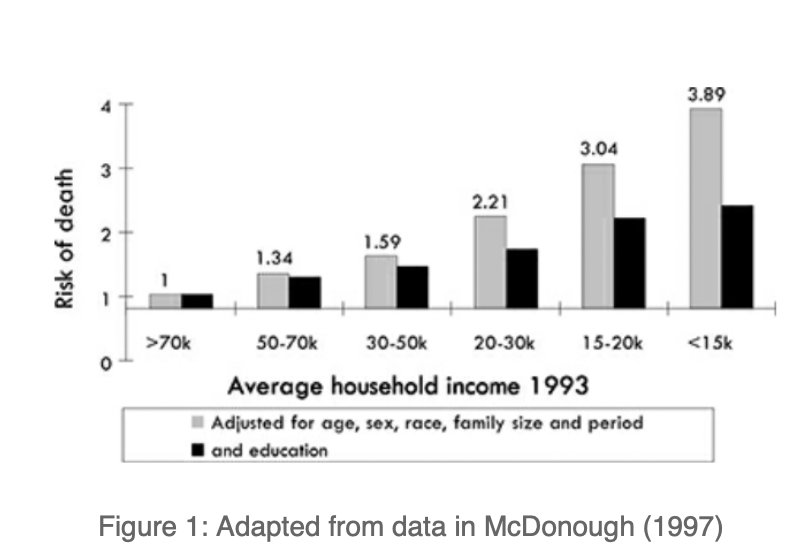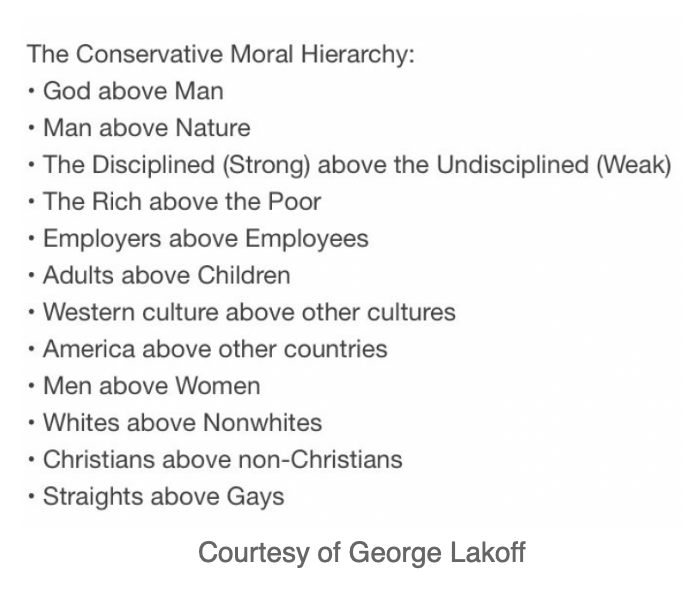Is it exclusionary to say I hope all Freethinkers are doing well? [I was actually asked that question by a ‘clever’ detractor.] I am doing well despite that my last post did not do so well. I think the stomach of many could not digest the word “spritiual”. That is OK. I will get right to a new one. [RIght to it? Yep, 4 months later, but I can never be appreciative enough that I am allowed on here.]
From advice often being half-truths, lacking necessary caveats, or just plain wrong, many therapists disguise incompetence through misleading professionalism and, at best, occasional wit. Alright, that sounded kind of mean. But I truly mean it for the sample of therapists used. I have seen them fool many with how they “say it” (watch out for those pithy expressions!) and how they present themselves. Truth and critical thinking are really important to me—especially important when applied to a topic like mental health.
The following has been compiled from friends, family, and some from myself over a ten year span. I will post what could have or, perhaps, should have been said instead in the next post. Like most of health care, including doctors and nurses, they are largely unaccountable entities. Who monitors the advice that they give? Do we think that a popular therapist means that they are more likely to give us good results, or do they just make us feel good? What about solving problems or mood disorders? Most patients don’t understand medicine or psychology, and therapists do their best to come across as professional, affable, and even intellectual.
They can decieve, and they do deceive, but intentionally? No, I do not think so. I think they fall prey to bad reasoning and stick to what they think works or what must to be true; after all, it is what everyone else believes. But they really haven’t thought this stuff all the way through. I know of very few that have. The few that I come across that do I cherish, and I am always running ideas by them.
-
“Self-esteem is always without doubt an ‘inside job’.”
-
“Depression is mismanaged stress.”
-
“You know what {your_name}’s “problem” always was?”
-
“I know what makes me happy,” says the patient. Therapist: “No, you were not happy.”
-
“Were you not ‘enough’?” [Said with glee in hopes of triggering a response.]
-
“You know what your problem is?” What? “You are not successful.”
-
“Stereotypes are always wrong. That is why they are stereotypes.”
-
Personal or Emotional ‘growth’ (which is poorly defined) cannot come from reading research.” “‘Growth’ can also not come from taking time away from society.”
-
“If you are still looking for validation, then you are in trouble.”
-
“The only way to recovery from an addiction is a 12-step approach.”
-
“Can you get your parents to pay for this?”
-
“The only thing that matters is how you feel. This is my barometer for determining a successful outcome.”
-
“You model your behavior [presumably all] from your parents.”
-
“Your parents [“family dynamics”] are the cause of your problems.”
-
“You are coming across as a “victim” [said with sharp disapproval and mockery].
-
“Save yourself first.”
To be clear, this does not mean that all therapists can’t help or don’t know what they are doing. I never said “all” or “always”. I said here are some things that some therapists got wrong, partially wrong, or could have given caveats.
For another topic, if you dive into the research, you willl see how outcomes are measured. The methods used should not give, not to me at least, us much confidence in the results. In fact, the results themselves seem problematic. For example, psychotherapy cannot distinguish efficacy and effectiveness between therapies. This means that any method used to treat a patient is as effective as any other method used. That is not all that worries me though.. for another post.






